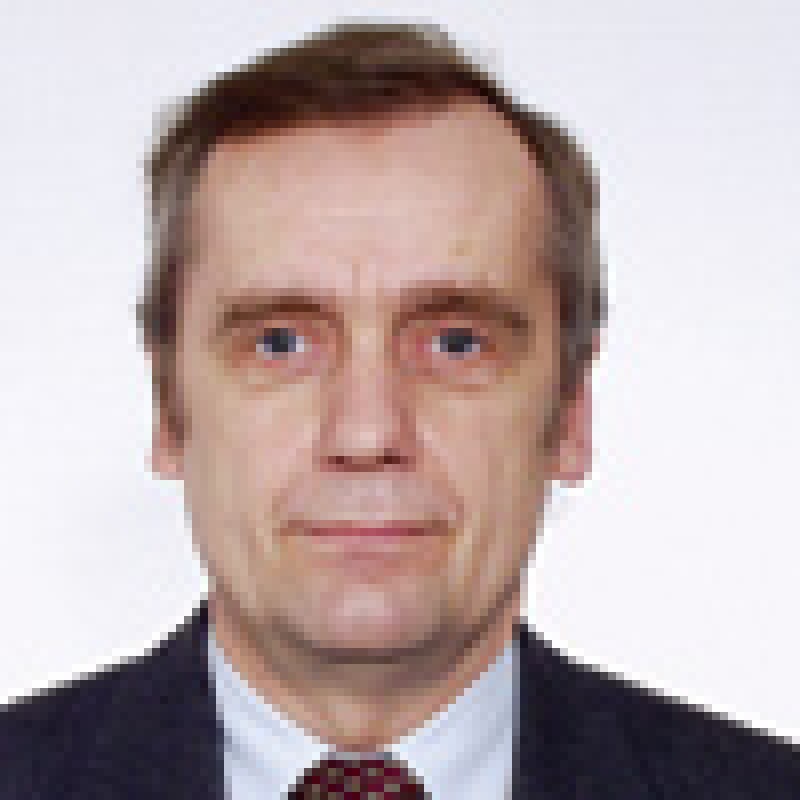It is natural to expect that when a company files a patent application it wants to obtain a patent, maintain it and obtain some profit from it. Sometimes the natural course of things is disrupted.
A company filed a patent application number 2010144997 and was sent an official action of grant. Exactly one year (sic!) after that the patent office issued a decision on recognition of the patent application as withdrawn because a document confirming the payment of the grant fee was not submitted. The company addressed the patent office requesting it to recall the decision of withdrawal because it allegedly had not received the official action of grant. The patent office however did not satisfy the applicant.
The company, believing that the withdrawal decision had been taken in contravention of the law and other normative regulations applied to the IP Court. The company also claimed that the decision of the patent office violated its rights in the field of entrepreneurial and other economic activities. The first instance of the court came to the conclusion that the decision of the patent office was in conformity with the law. Indeed, registration and grant of a patent shall be made on condition of payment of a patent fee. If a relevant document confirming the payment of a fee is not submitted to the patent office the registration of the invention and grant of a patent is not given effect and the application is deemed withdrawn.
According the Statute on Fees, the document confirming the payment of a fee shall be submitted during two months from the date of receipt of the official action of grant by the applicant, but not later than four months from the date of that official action. Furthermore, the fee may still be paid and the document submitted even after expiration of that term but not beyond six months from expiration of the term of four months. The amount of fee in that case shall be raised by 50%.
The applicant appealed the judgment of the first instance IP court in the cassation instance of the same IP Court. The presidium of the IP Court reviewed the case and stated that according to the request of the applicant the patent application was examined within the framework of PPH allowing an early grant of a patent. There was also a notification by the patent office sent to the applicant to the effect that the patent office received the documents concerning PPH and that the application would be examined within a specified term. The receipt of that notification was not contested by the applicant. Hence the first instance court reasonably concluded that the applicant had known the term within which the application would be examined and the official action would be sent. Besides, as stated by the first instance court, the notification received by the applicant mentioned that the examination procedure could be followed by the applicant on the internet.
The patent office did send the official action of grant to the applicant through his representative, hence the applicant was well placed to submit the required documents to the patent office in due time.
The court ruled that the rights of the applicant had not been violated, all the circumstances were correctly evaluated by the patent office and the first instance court, and the applicant did not try to follow what was happening to his application even though he knew what the PPH procedure would be. Hence, the presidium of the IP Court confirmed the decision of the patent office and the first instance IP court.

|
Vladimir Biriulin |
Gorodissky & Partners
Russia 129010, Moscow
B. Spasskaya Str
25, stroenie 3
Tel: +7 495 937 6116 / 6109
Fax: +7 495 937 6104 / 6123










